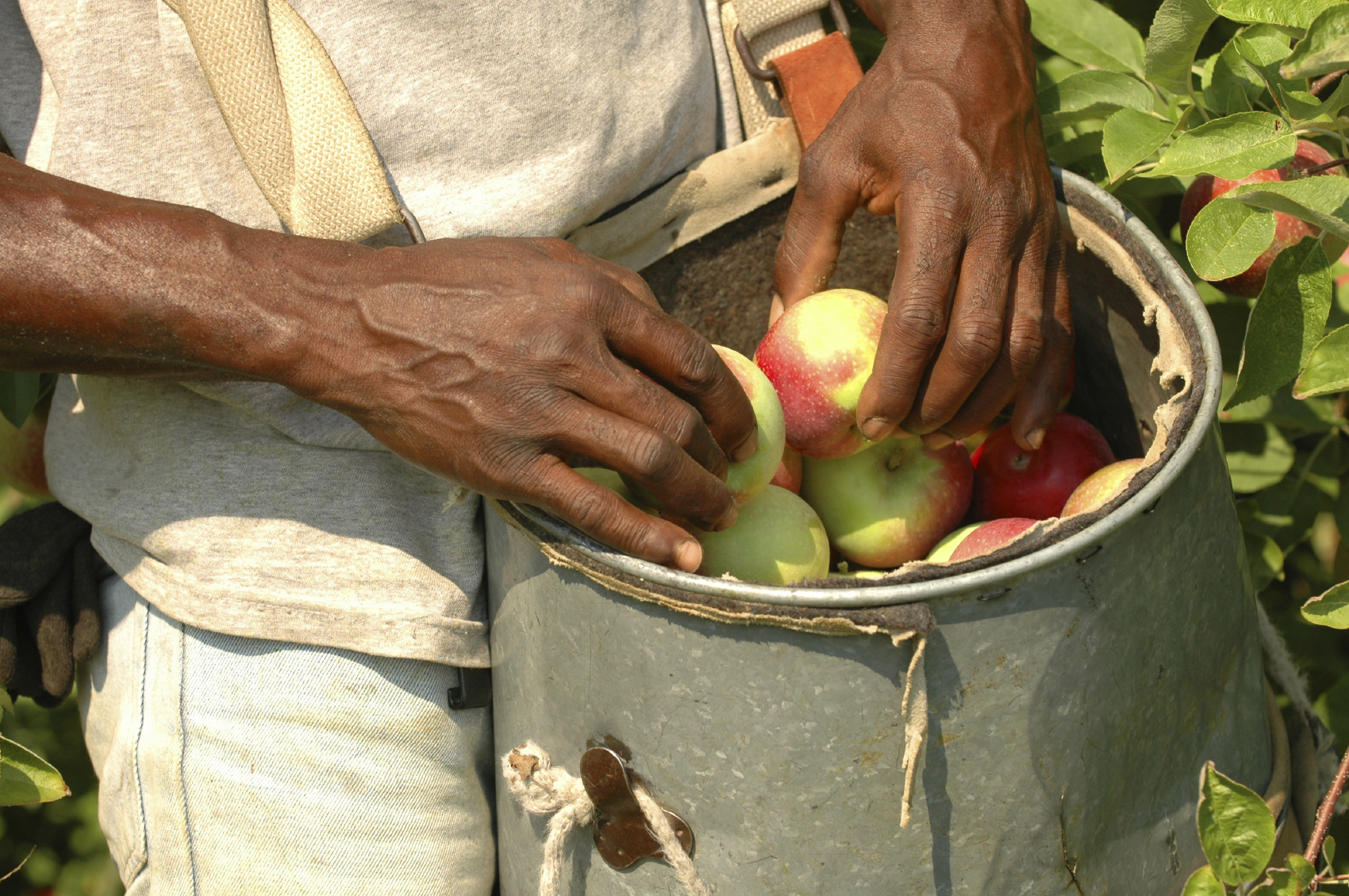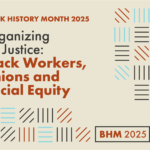
The country’s largest labour organization says it’s time for everyone who works in any of Canada’s provinces, territories, cities and towns – whether they work in a home, a factory, or a field – to be treated equally, including thousands of migrant workers who may (or may not) call Canada home.
“Working people who bring their skills and their labour to help us build our economy, our communities and our homes deserve fair and equal treatment under the law,” said CLC Executive Vice-President Marie Clarke Walker, adding that migrant workers coming to Canada should receive landed permanent resident status upon arrival, putting them on the pathway to citizenship, should they choose.
It’s been said, and often repeated, that Canada is a land of immigrants. The country’s reputation as a place of opportunity and welcome was something that made Canadians proud. But that has changed in recent years.
For today’s migrant workers, Canada can be as cold and inhospitable as its winters. Many work at precarious jobs, without the protection of basic health and safety laws and other labour protections most Canadians take for granted. Their rights change from province to province. Federal laws, like the “four in, four out” rule brought in by the Conservative government foster exploitation at the hands of employers.
Labour Councils and provincial Federations of Labour already work tirelessly with local organizations, employer groups and provincial governments to give migrant workers the same protections and equal treatment enjoyed by all Canadian workers, but Walker says the federal government also has a role.
“That’s why we have asked for, and offered to help the new federal government with a review of previous legislative changes designed to foster low-wage, precarious jobs and to create barriers to the equal opportunity that every worker who comes to our country deserves,” she said.
However, Walker says there are changes the federal government can make right away, such as repealing the four-in-four-out rule and providing immediate access to open work permits so migrant workers can no longer be tied to a single employer. Language testing requirements for Provincial Nominee Programs should also be relaxed.
The CLC and unions are also working together with organizations like the Canadian Council for Refugees to organize a gathering of migrant worker groups from across the country this spring to discuss common problems and forge a common approach to solutions.
“In recent weeks, it’s been said and often repeated, that ‘Canada is back’. If this is truly the case, then it is time to put the welcome mat back at our door for workers and their families,” said Walker.
December 18 is International Migrants Day.





